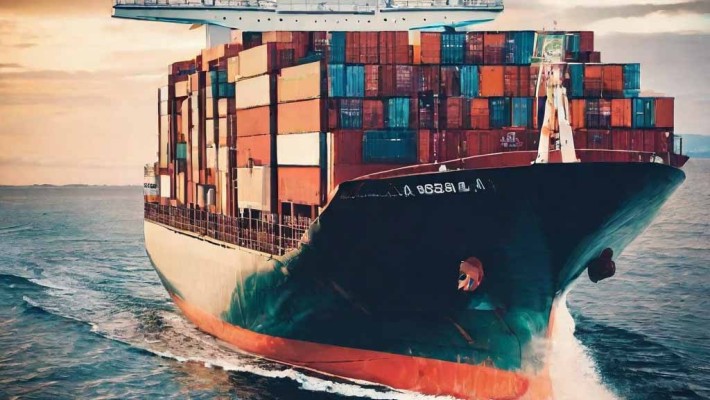Freight Forwarder Insights
Huin International Logistics Latest Articles
Navigating the World of International Shipping
In today's global marketplace, international shipping has
become an essential part of doing business for companies of all sizes. Whether
you are a small startup looking to expand your customer base or a multinational
corporation seeking to streamline your supply chain, understanding the ins and
outs of international shipping is crucial. This article aims to provide you
with a comprehensive guide on how to navigate the ever-changing world of
international shipping.
The first step in international shipping is understanding the regulatory
landscape. Each country has its own customs regulations, import/export
requirements, and shipping restrictions. It's crucial to familiarize yourself
with these regulations to ensure smooth operations and avoid costly delays. Partnering
with a reliable international shipping provider can greatly simplify this
process as they have the knowledge and expertise to navigate through the
regulatory maze.
Choosing the right shipping method is another critical decision. There are
several options available, including air freight, ocean freight, and express
courier services. Factors such as cost, transit time, volume, and nature of the
goods will influence your choice. Air freight is generally faster but can be
expensive, while ocean freight is more cost-effective for large shipments but
comes with longer transit times. Express courier services, on the other hand,
offer a balance between speed and cost but may not be suitable for bulk
shipments. Consulting with shipping experts can help you make an informed
decision based on your specific needs.
Packaging plays a crucial role in the safe and secure transportation of goods.
International shipping involves long journeys and multiple handling stages, so
it's important to pack your products properly. Use high-quality, durable
materials that can withstand the rigors of transportation. Consider using foam
padding, bubble wrap, or void fill materials to protect fragile items.
Additionally, ensure that your packaging complies with international shipping
regulations, such as proper labeling and hazardous material handling, if
applicable.
Documentation is a vital aspect of international shipping. Accurate and
complete paperwork is essential to avoid customs issues and delays. The most
common documents include commercial invoices, packing lists, bill of lading,
and certificates of origin. Each country may have specific document
requirements, so it's crucial to research and comply with them. Working with a
qualified customs broker or freight forwarder can streamline this process, as
they are well-versed in preparing and submitting the required documentation
accurately and on time.
Navigating through customs clearance procedures is often where many companies
face challenges. Every shipment must go through customs inspections, and any
discrepancies or mistakes can result in delays or even seizure of goods. To
ease the customs clearance process, consider utilizing the services of a
customs broker. These professionals have a deep understanding of customs regulations
and can handle the necessary paperwork and communication with customs
authorities on your behalf.
Tracking and visibility are essential when it comes to international shipping.
Choose a shipping provider that offers a robust tracking system so that you can
monitor the progress of your shipments in real-time. Having visibility allows
you to address any potential issues promptly and provide accurate updates to
your customers. Establishing a clear line of communication with your shipping
provider is crucial, as it ensures a smooth flow of information and helps you
stay in control throughout the shipping process.
Finally, insurance is an aspect of international shipping that should not be
overlooked. While shipping providers take measures to protect your goods,
accidents can still happen. Purchasing cargo insurance provides an added layer
of protection against loss, damage, or theft during transit. Consulting with an
insurance professional can help you determine the most suitable coverage for
your specific needs.
In conclusion, navigating the world of international shipping requires a clear
understanding of the regulations, choosing the right shipping methods, proper
packaging, accurate documentation, efficient customs clearance, robust tracking
systems, and adequate insurance coverage. By partnering with reliable shipping
providers, customs brokers, and insurance professionals, you can overcome the
challenges and ensure a smooth and successful international shipping
experience. Stay informed, plan ahead, and continually adapt to the evolving
world of international shipping to stay one step ahead of your competitors.
